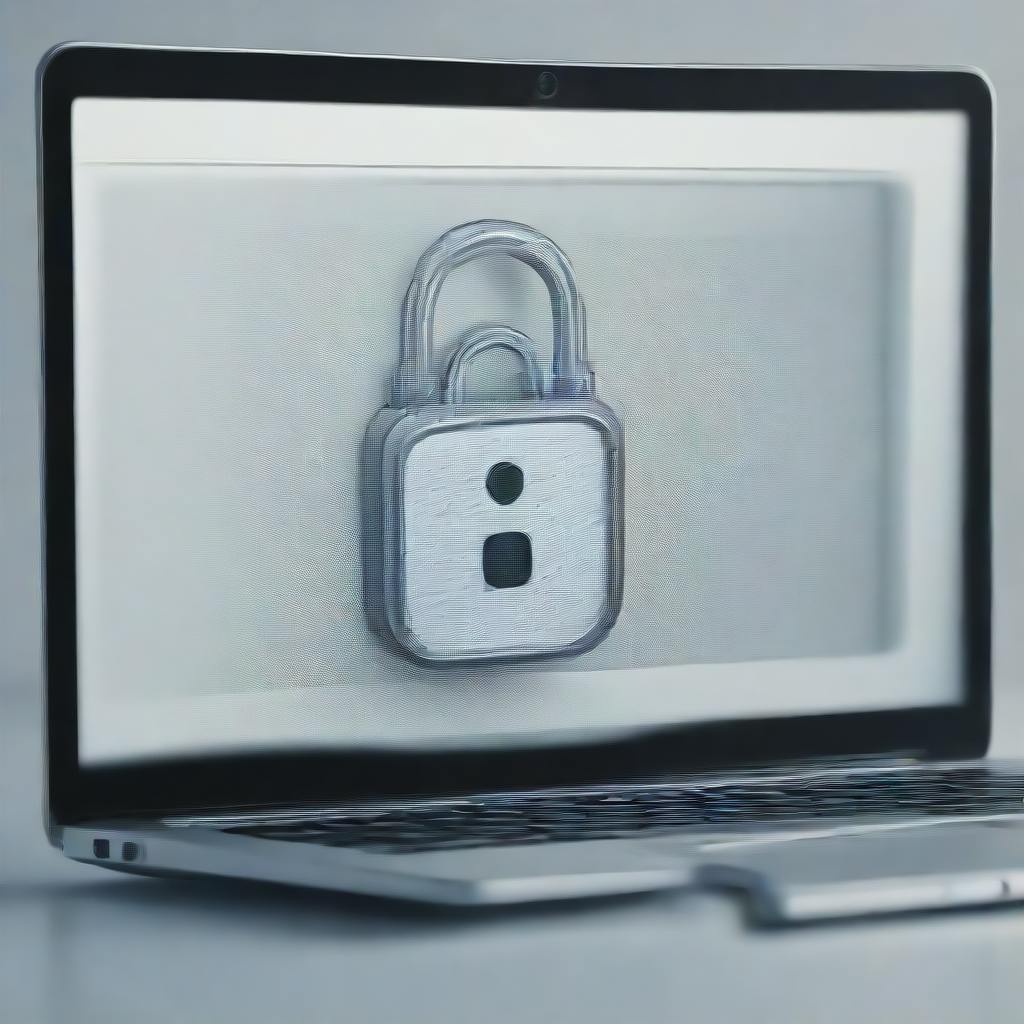United States v. Apple INC Court Filing, retrieved on March 21, 2024 is part of HackerNoon’s Legal PDF Series. You can jump to any part in this filing here. This part is 12 of 25.
VI. Privacy, Security, and Other Alleged Countervailing Factors Do Not Justify Apple’s Anticompetitive Conduct
141. There are no valid, procompetitive benefits of Apple’s exclusionary conduct that would outweigh its anticompetitive effects. Apple’s moat building has not resulted in lower prices, higher output, improved innovation, or a better user experience for smartphone users.
142. Apple markets itself on the basis of privacy and security to differentiate itself from what competition is left in the smartphone market. But this does not justify Apple’s monopolistic and anticompetitive conduct. Apple imposes contractual restraints on app creation and distribution, imposes hefty fees on many types of smartphone interactions, and conditionally restricts API access on its smartphone platform simply because it can. There are limited if any competitive constraints on this conduct. As a point of comparison, Apple does not engage in such conduct on its Mac laptops and computers. It gives developers the freedom to distribute software directly to consumers on Mac without going through an Apple-controlled app store and without paying Apple app store fees. This still provides a safe and secure experience for Mac users, demonstrating that Apple’s control over app distribution and creation on the iPhone is substantially more restrictive than necessary to protect user privacy and security.
143. In fact, many alternative technologies that Apple’s conduct suppresses would enhance user security and privacy. For example, Apple’s conduct targeting digital wallets forces users to share information with Apple even if they would prefer to share that information solely with their bank, medical provider, or other trusted third party. In particular, when an iPhone user provisions a credit or debit card into Apple Wallet, Apple intervenes in a process that could otherwise occur directly between the user and card issuer introducing an additional point of failure for privacy and security. Likewise, super apps or alternative app stores could offer users and their families a more curated selection of apps that better protect user privacy and security. Indeed, Apple allows enterprise and public sector customers to offer more curated app stores on employee iPhones because it better protects privacy and security.
144. Apple is also willing to make the iPhone less secure and less private if that helps maintain its monopoly power. For example, text messages sent from iPhones to Android phones are unencrypted as a result of Apple’s conduct. If Apple wanted to, Apple could allow iPhone users to send encrypted messages to Android users while still using iMessage on their iPhone, which would instantly improve the privacy and security of iPhone and other smartphone users.
145. Similarly, Apple is willing to sacrifice user privacy and security in other ways so long as doing so benefits Apple. For example, Apple allows developers to distribute apps through its App Store that collect vast amounts of personal and sensitive data about users—including children—at the expense of its users’ privacy and security. Apple also enters agreements to share in the revenue generated from advertising that relies on harvesting users’ personal data. For example, Apple accepts massive payments from Google to set its search engine as the default in the Safari web browser even though Apple recognizes that other search engines better protect user privacy.
146. Finally, Apple selectively enforces its rules and contractual restrictions for app distribution and app creation. For example, when it benefits Apple to do so, Apple permits developers to introduce mini programs, stream content from the cloud, use virtual currency, and receive special permissions or access APIs not automatically available to everyone.
147. Ultimately, Apple chooses to make the iPhone private and secure when doing so benefits Apple; Apple chooses alternative courses when those courses help Apple protect its monopoly power. Apple’s conduct underscores the pretextual nature of any claim that Apple’s conduct is justified by protecting user privacy or security.
Continue Reading Here.
About HackerNoon Legal PDF Series: We bring you the most important technical and insightful public domain court case filings.
This court case retrieved on March 21, 2024, from justice.gov is part of the public domain. The court-created documents are works of the federal government, and under copyright law, are automatically placed in the public domain and may be shared without legal restriction.

